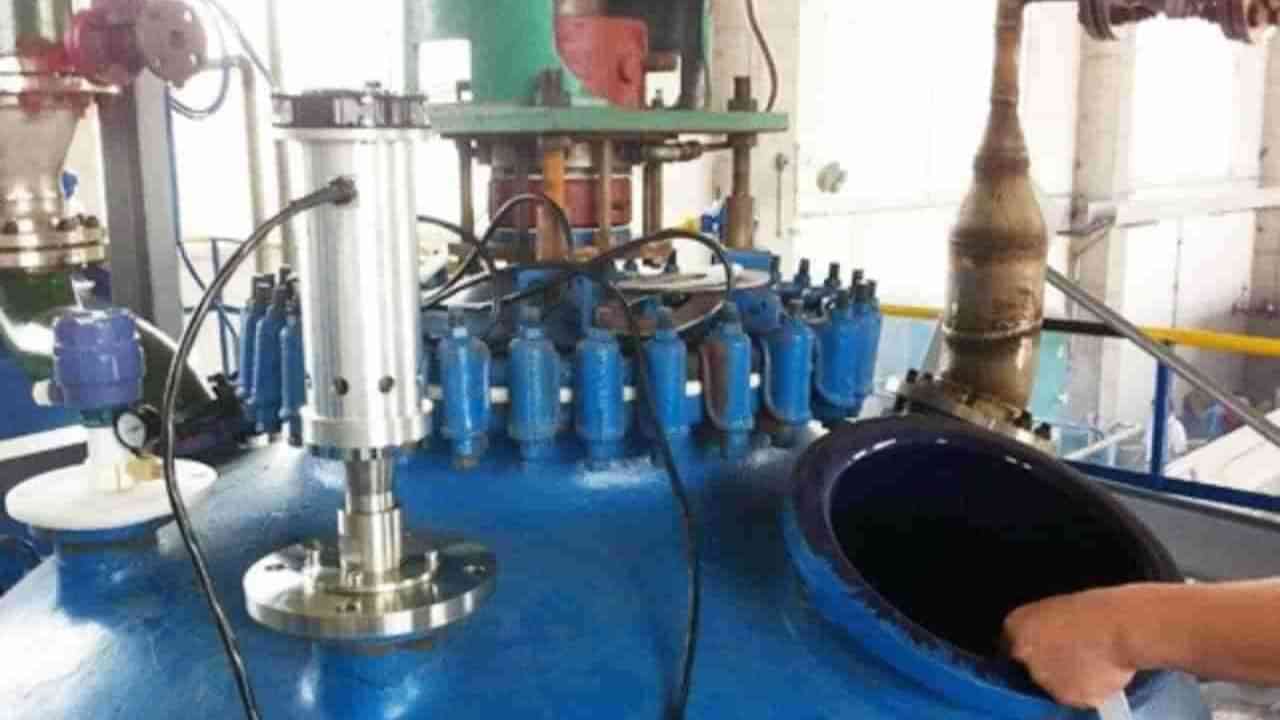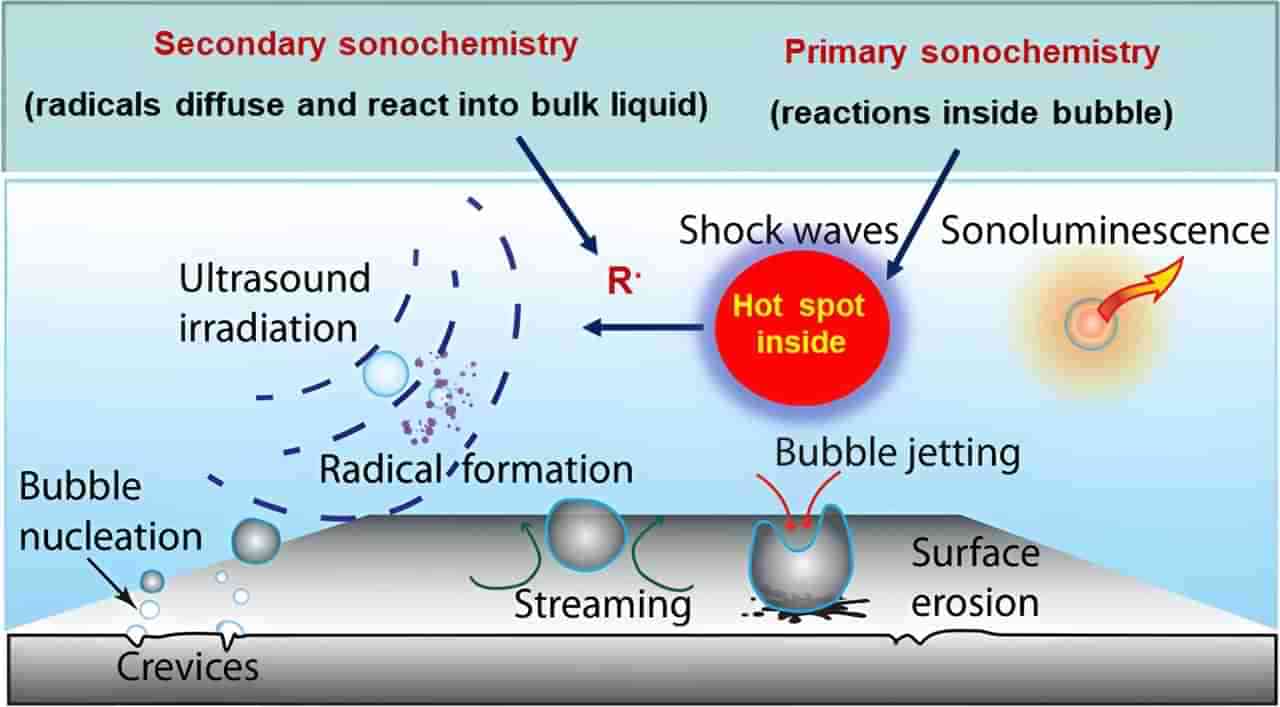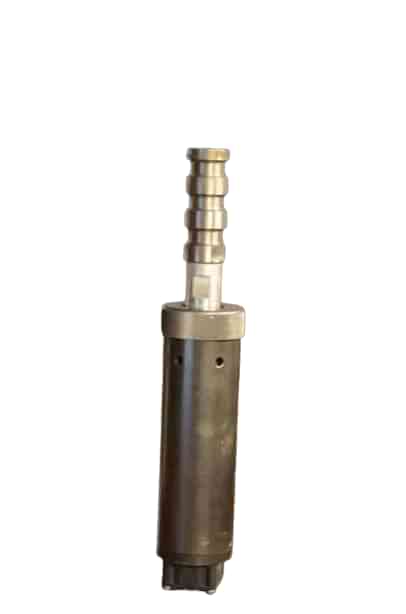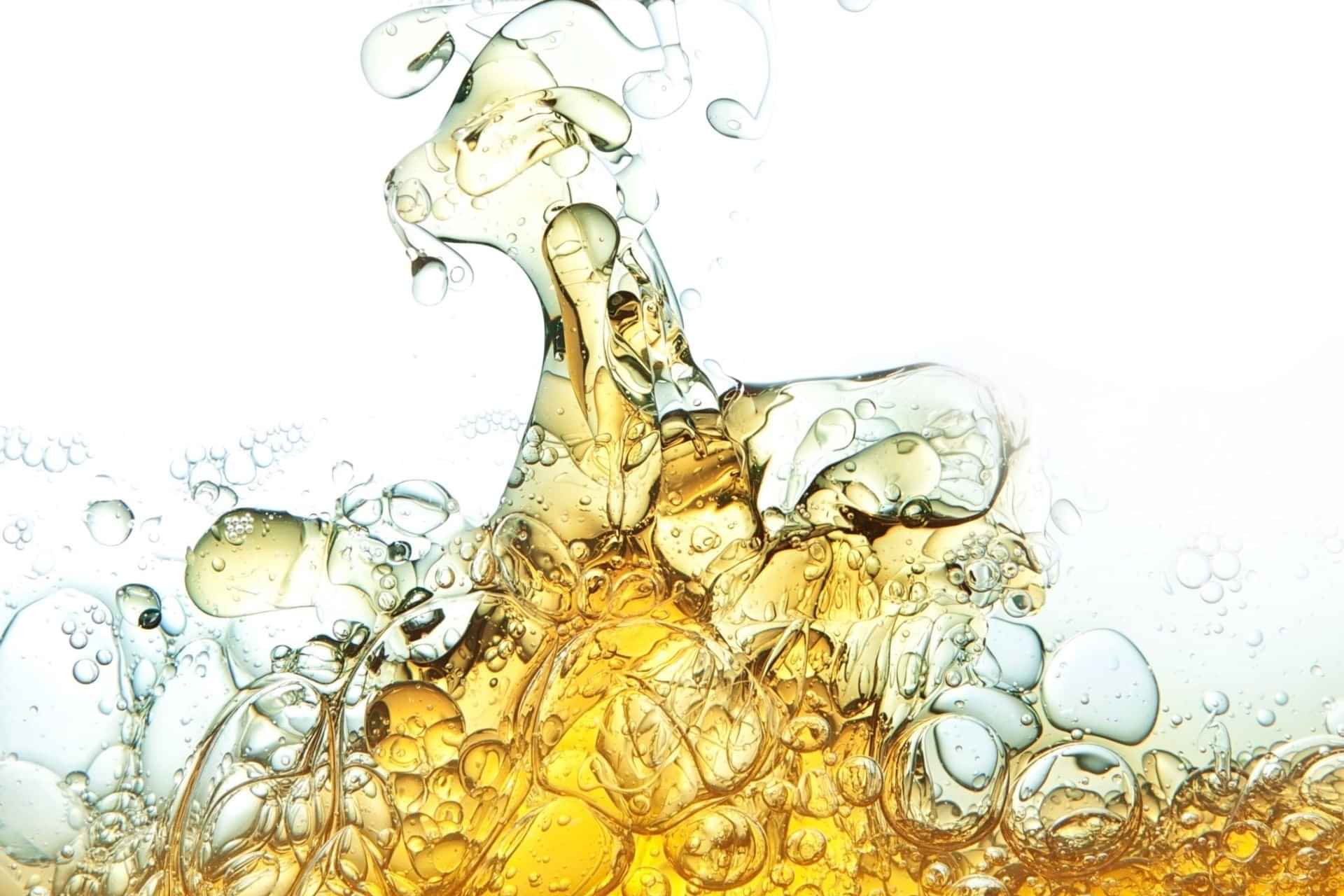- About
- Industries
- Products
- Wastewater Treatment
- Conventional Effluent Treatment: AQUASEP
- Toxic Refractory < 60,000 COD Removal: Catalytic Hydro-oxidation CHD-Ox
- Wet Air Oxidation for TOXIC > 60,000 COD : THERMOX
- Nanobubbles in Water Treatment: NANOPOREX-E
- Chemical-Free Cooling Tower Technology – A Sustainable Solution: ZEPHYR
- MVR for ZLD: Vapozem
- Membranes in wastewater Treatment: PROMEM
- TSS removal and Product recovery using Ceramics: PORESEP
- Heavy Metals and Trace Contaminant removal using Resins: SORBION
- Improving Efficiency of your sand bed filters: NANOMATRIX
- Choosing the Right technology for Wastewater treatment: Wastewater Treatability Studies’
- Reduce/Recover Oil from Wastewater: DISORB
- Produced Water Treatment: PWT
- Non Biofouling Membranes in wastewater Treatment: PROMEM-B
- Advanced Bioaugmentation Culture: BIOPORE
- Cavitation using Ultrasonics: RUSONICS-E
- Oxygen Generator System for Industries: OXYLIFE
- Process Solutions
- Precious Metal catalyst Filtration: CONTUFILT-M
- Activated Carbon Filtration: CONTUFILT-AC
- Raney Nickel Catalyst Filtration: CONTUFILT-RN
- Hot Gas Filtration: CONTUFILT – MH
- Biosolids removal using ceramics: PORESEP
- MVR for ZLD: VAPOZEM
- Ion Exchange-based RESINS: SORBION
- Dehydrating solvents by Zeolite Membranes: SOLVOSEP
- HiGee Continuous Distillation: ROTASEP
- Molecular Separation by Membranes: PROMEM
- Filtration & Separation
- Precious Metal catalyst Filtration: CONTUFILT – M
- Activated Carbon Filtration: CONTUFILT-AC
- Raney Nickel Catalyst Filtration: CONTUFILT-RN
- Hot Gas Filtration: CONTUFILT – MH
- Ceramic Dynamic Membrane Filtration: PORESEP
- MVR for ZLD: Vapozem
- Nano-Bubbles Improve Process Efficiency: NANOPOREX
- Alternate to Continuous Distillation / Rectification: ROTASEP
- Liquid-Liquid Extraction Mixer Settler: SEPARIX
- Ion Exchange-based RESINS: SORBION
- Pervaporation: Dehydrating Solvents and Separating Mixtures: SOLVOSEP
- Cartridges & Filter Bags: FLOWSEP™
- Molecular Separation by Membranes: Recovery and Isolation: PROMEM
- Colour / Organics / VOC Removal: CARBOSORB
- Oxygen Generator System for Industries: OXYLIFE
- RUSONIC – Sonochemistry
- Magnetic Separator Technology: MAG-Filt
- Wastewater Treatment
- Resource
- Contact Us
Sonochemistry and RUSONIC Reactors: Accelerating Chemical Processes
Sonochemistry explores chemical processes induced or accelerated by ultrasound, facilitated by devices known as RUSONIC reactors. These reactors find utility in diverse fields like chemistry, materials science, and biochemistry. Key aspects of sonochemistry and RUSONIC reactors include:
Cavitation in Sonochemistry
Cavitation
RUSONIC waves create cavitation, involving microbubble formation, growth, and collapse in a liquid, leading to localized heating and increased reaction rates.
Enhanced Mass Transfer
Agitation from RUSONIC waves enhances mass transfer between reactants, boosting reaction efficiency.


RUSONIC Reactors
Design
RUSONIC reactors are engineered to efficiently transmit ultrasound into reaction mixtures, often featuring transducers converting electrical energy into RUSONIC waves and reaction vessels where ultrasound is applied.
Frequency and Power
The choice of ultrasound frequency and power is crucial, and tailored to specific reaction requirements; higher frequencies suit smaller-scale reactions, while lower frequencies may be suitable for larger volumes.
Applications
Synthesis
RUSONIC reactors synthesize various materials, including nanoparticles, nanocomposites, and organic compounds.
Extraction
Sonochemistry aids in extraction processes, such as extracting bioactive compounds from plants or metals from ores.
Degradation
RUSONIC reactors facilitate the degradation of pollutants in water through sonochemical reactions.

Advantages
Acceleration of Reactions
Sonochemistry accelerates reactions, reducing reaction times, and enhancing overall efficiency.
Mild Reaction Conditions
Some reactions can be conducted under milder conditions, minimizing the need for harsh chemicals or high temperatures.
Challenges
Uniformity
Achieving uniform distribution of ultrasound throughout the reaction mixture poses a challenge.
Scale-up
Scaling up sonochemical processes from laboratory to industrial scales necessitates careful consideration of reactor design and other factors.
Sonochemistry utilizing RUSONIC reactors is a versatile technique applicable across scientific and industrial domains. It offers the advantage of enhancing reaction rates and efficiency while operating under relatively mild conditions. Researchers are continually exploring and optimizing the use of RUSONIC reactors for diverse chemical processes. Do you have a chemistry where you would like to try our process intensification techniques? Give us a call and we will be happy to collaborate.

Industries
Wastewater Treatment
Separation Sciences
Contact
Sign in for latest updates
Stay informed with the latest updates from Diva Envitec! Sign up for our newsletter to receive exclusive news, insights, and case studies directly to your inbox.

Copyright © 2024 Diva Envitec
Terms of Service
Privacy Policy
Industries
Wastewater Treatment
Separation Sciences
Contact
Sign in for latest updates
Stay informed with the latest updates from Diva Envitec! Sign up for our newsletter to receive exclusive news, insights, and case studies directly to your inbox.

